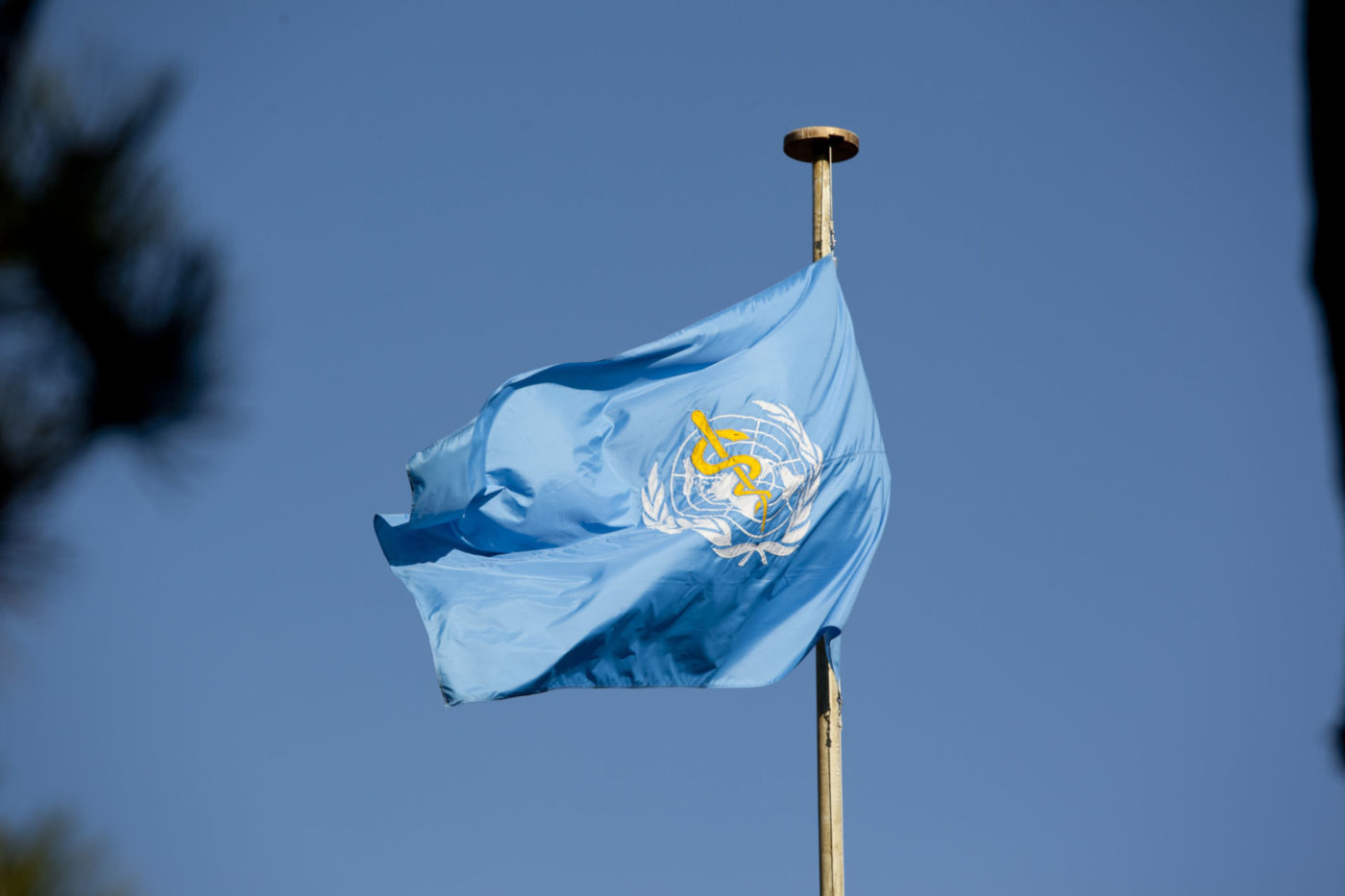This has been a tumultuous period for the World Health Organization (WHO). The first four months of 2020 have been perhaps the most difficult, disruptive period in its over 70 years of existence. It is fair to wonder where it might be headed next, towards full collapse or recovery?
The problems began with indications of a novel coronavirus in the People’s Republic of China and subsequently beyond its borders, at which point WHO initially sounded tentative warnings about potential wider risks. This was then followed with a declaration of a “Public Health Emergency of International Concern” (PHEIC) on 30 January 2020 and ultimately designating COVID-19 as a global pandemic on 11 February 2020.
On that date, WHO also gave the novel coronavirus disease its official name, COVID-19 in line with its guidelines that mandate “that the name of the disease could not refer to a geographical location, an animal, an individual or group of people. It also needed to relate to the disease and be pronounceable. This choice will help guard against the use of other names that might be inaccurate or stigmatizing.”
WHO’s mission is: promote health, keep the world safe, serve the vulnerable. This means delivering #HealthForAll, everywhere, including in areas affected by war and conflict. The most important tool to fight #Ebola, #COVID19 and other disease outbreaks is peace. pic.twitter.com/DXz3jrMsfE
— World Health Organization (WHO) (@WHO) May 7, 2020
What followed in April 2020 was WHO’s major funder, the United States which had been contributing in the order of $400-500 million annually, announcing it would put a full stop to its contributions. The United States Government took this decision in response to what it determined was, on the part of the World Health Organization, a politically motivated, tepid, less-than-needed action to investigate, assess, and alert the world community to what has evolved into the worst health, economic, and social disaster in 100 years.
In fairness to the WHO, one must remember it is a United Nations technical agency with all the pluses and minuses of such a creature.
With a global membership of over 190 countries, the World Health Organization meets regularly with delegates from its member countries; it holds technical expert committees and has specialized staff stationed in most countries. In the past, these instrumentalities have served it well in eliminating smallpox, but not so well in handling the Ebola outbreak in West Africa in 2014-2016.
After the Ebola experience, there was a tough reform process that sharpened WHO capacity, including giving it more staff and resources for possible emergency outbreaks. International Health Regulations were also strengthened, clarifying the guidance for countries to ensure the preparedness of their health systems and for WHO to determine when to designate an outbreak a PHEIC.
These were improvements, but the fact remains that the WHO has to answer to its members as a technical body. This means it does so without well-defined compliance powers: It cannot go into a country without permission nor enforce containment recommendations.
With the pronouncement of the United States, one could have assumed WHO would begin a spiraling decline, losing programs, qualified staff, and funding. But hold on: In May 2020 a Knight with shining Euros came to its rescue.
The European Investment Bank (EIB) announced it will significantly increase its funding to boost its cooperation with WHO to strengthen public health, supplies of essential equipment, training and hygiene investment, and investment in countries most vulnerable to the COVID-19 pandemic.
According to May 7, 2020, WHO press release:
“The WHO and the EIB will reinforce cooperation to support immediate COVID-19 needs and jointly develop targeted financing to enhance health investment and build resilient health systems and primary health care to address public health emergencies as well as accelerate progress towards Universal Health Coverage.
The partnership will benefit from the EIB’s planned 1.4 billion EUR response to address the health, social and economic impact of COVID-19 in Africa.”
The upshot of this EIB commitment is WHO will have a far greater resource base over the next few years without the United States’ annual contributions.
So, WHO went from the depths of despair to a more promising future, quite a turnaround for any institution. For WHO it must seem like a miracle.
But this should be seen as a once-in-an-institutional-lifetime chance to strengthen country transparency requirements, mandatory access to infectious disease potential threats, and the responsibility of the WHO Director-General to inform the global community and act.
If the World Health Organization goeth in this direction, no doubt so will the United States.
Postscript:
Editor’s Note: The opinions expressed here by Impakter.com columnists are their own, not those of Impakter.com — In the Featured Photo:: WHO flag – U.S. Mission Photo by Eric Bridiers









